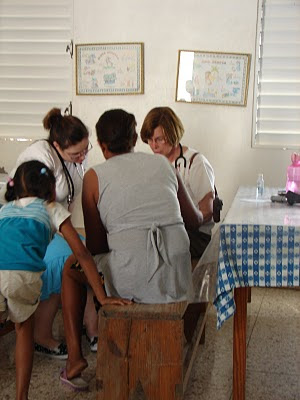
“Safety is NO Accident: Live Injury-Free” is the theme for National Public Health Week April 4-10. The American Public Health Association is encouraging all Americans to think about how, by making just one positive change a day, you can prevent injuries and start living a safer life.
“Villanova Nursing faculty and students will use this week as a reminder of the important role nurses play in keeping individuals and communities safe,” says Prof. Kim Connolly, director of the College of Nursing’s Center for Global and Public Health. From discussing safety messages with patients in clinical settings—such as preventing falls at home or encouraging safe environments for children-- to providing education in elementary school settings, Villanova nurses will highlight the importance of thinking about and implementing safety measures at school, work, home, and in the community.
Why is patient safety an integral part of nursing care and teaching? Thirty million people are hurt seriously enough each year to go to the emergency room and injuries are the most common cause of premature death before the age of 65.
Here’s what you can do TODAY:
1. Buckle up
2. Stop driving while distracted or under the influence
3. Move cleaning supplies and medicines to higher ground, out of reach of children
4. Program emergency numbers, such as the Poison Control Hotline (1-800-222-1222), into your phone
5. Use car seats for children as directed
6. Have children use the bike helmet EVERY time
7. Check your smoke and CO detectors
8. Fix any risky areas in the house that can cause a fall
9. Ask your children about bullying in school or online
10. Find out who your children are talking to online
For more statistics and safety tips, visit http://www.nphw.org/nphw11/first1.htm.













